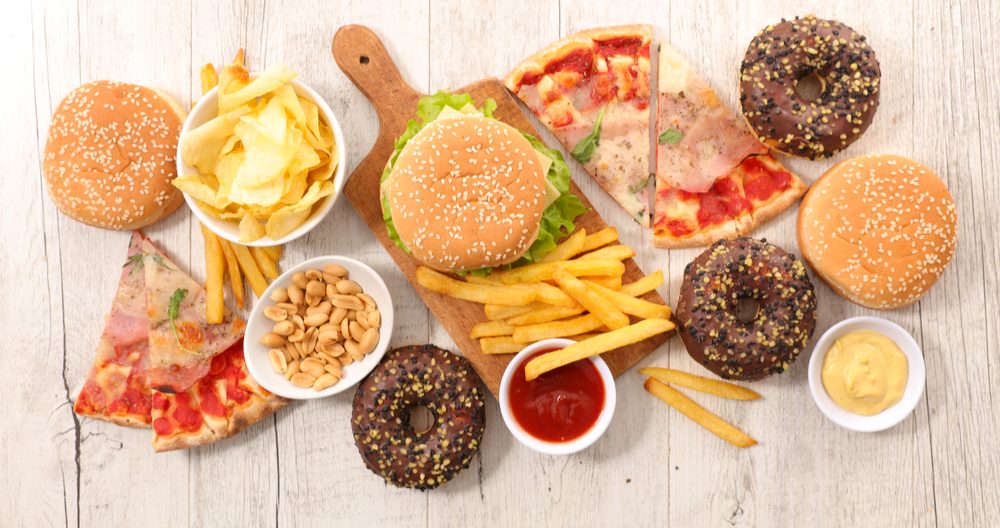
Tyrone Burke, September 9, 2021
Photo credit: File photos
Carleton Neuroscience Professor to Explore Effects of Ghrelin, Stress and Metabolism on Women
For some of us, it’s a hot slice of pizza. For others, a cold bowl of ice cream. But the very concept of comfort food says something about where we turn to in times of trouble—and for many of us, it is toward the kitchen.
“Stress can lead to overeating and weight gain. It is not uncommon for people to hit the fridge when they get stressed—and it’s not like they are hitting the broccoli or the hummus. They eat high-calorie foods. We want to understand why that is, as well as the role of a hormone called ghrelin,” says Department of Neuroscience Professor Alfonso Abizaid.

“Ghrelin targets areas of the brain that are important for eating and metabolism, and in studies where animals are given this hormone chronically, they tend to gain weight. If you give this hormone to people, they not only get hungry, they get cravings for their favourite foods. In my case, I would crave souvlaki and Greek pastries.”
Abizaid had been awarded a five-year, $726,000 grant from the Canada Institutes of Health Research (CIHR) to study the relationship between ghrelin, stress and metabolism especially as it pertains to women. Even though women are more impacted by this phenomenon, much of what we know about it is drawn from research conducted exclusively on males.

Our bodies produce ghrelin regularly, even without stressors. It is what tells us that it’s time to eat. As lunchtime nears, ghrelin is secreted in the stomach, circulates in the blood, reaches the brain, and then you get hungry.
But stress also causes ghrelin production, and chronic stressors can lead to excess ghrelin secretion that causes weight gain.
“In humans, the stress and eating relationship is stronger in females, but a lot of preclinical studies have neglected females because it makes research more complicated, with the perception of different hormonal fluctuations in females,” says Abizaid.
“This CIHR funding will allow us to further explore the relationship between ghrelin, stress and weight gain, and bring a more comprehensive examination of what happens in females, in comparison to males, and in relation to their hormonal changes.”

A better understanding of this relationship has implications that could help develop more targeted therapies, and not only for stress-related weight gain. Therapeutics are also being developed to stimulate ghrelin production in cancer patients who suffer from cachexia, a wasting syndrome that causes loss of appetite. This common cancer complication results in the body consuming its own muscle as a source of sustenance and is the ultimate cause of death of many cancer patients.
“Ghrelin is good at increasing appetite and preventing the wasting syndrome. Drugs that block the receptors for ghrelin are in clinical trials related to obesity, and we want to see whether it could also be used to deal with stress,” says Abizaid.

“But there is a fine line. Drugs that give you a lot of ghrelin have the side effect of gaining weight, but those that block it have the side effect of depression. We are trying to understand the fine lines that can tip the balance one way or the other so as to make better medications that are more specific and avoid those side effects.”
In addition to its contribution to neuroscience, Abizaid notes the value of CIHR funding in training the next generation of neuroscientists.
“This project grant will enable high-quality training for our students,” he says.
“It not only allows us to do top-of-the-line research, but also to teach our students cutting-edge techniques and processes. My lab has six to seven graduate students on a regular basis, and most are funded through CIHR grants like this one.”
Share: Twitter, Facebook